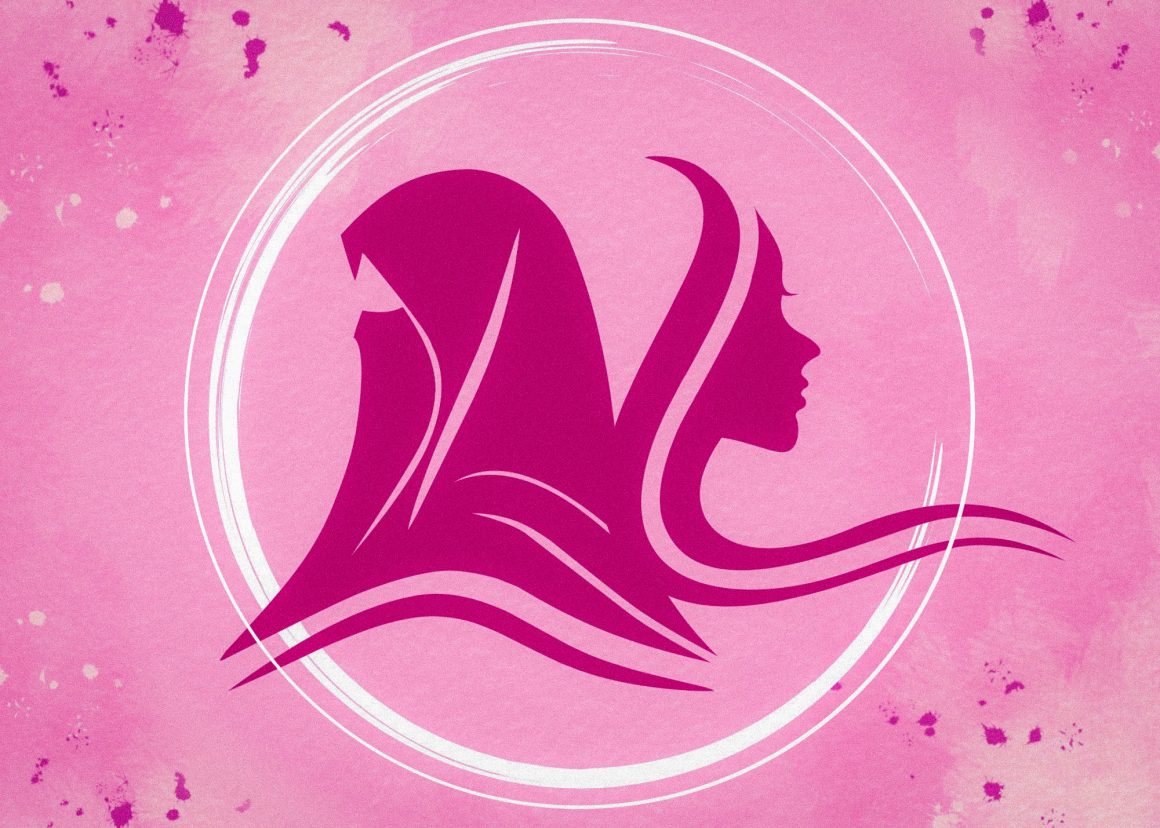
Burying myself at my own funeral: The tale of the authentic Muslim woman
By Reyam Jamaleddine, September 27 2023—
And so, as any Muslim woman’s tale begins and ends.
In the ever-unfolding journey of the Muslim woman, there is a dichotomy between her perception of self and the external gaze of those who perceive her. Who or what is the authentic Muslim woman? Those who veil and those who don’t, the good Muslim woman is the authentic Muslim woman.
The Merriam-Webster Dictionary defines authenticity as worthy of acceptance or belief as conforming to or based on fact or — conforming to an original so as to reproduce essential features. This definition renders itself in opaque language. Understanding authenticity is not a subject you and I can decide on or conform to. Rather, it is a struggle we all face continuously in this world living with contested morality.
From the perception of the devout Muslim, the authentic Muslim woman veils, she is modest, has good values, morals and is a devout follower of the religion. An opposing narrative is presented in the face of the authentic Muslim woman. This narrative portrays the woman who veils as oppressed with no ability to choose her own values and morals. The authenticity of who the Muslim woman is lies in her veil.
To be authentically ourselves and to be authentically good is not a subject we can choose but a struggle we face living within a society. This subject has fallen to my feet unwillingly. Hijab, veil, head covering, turban, burqa, niqab, towel head. The question of veiling has always presented itself with intent of determining authenticity — to veil or not to veil?
I wore a hijab for half my life. Regardless of how I came about my choice and the journey I navigated to unveil — I feel authentically myself without the veil. My values, morals, religion, culture and traditions are authentically me when I perceive myself. However, when I am perceived by those who knew me when I wore a veil they consider me to have strayed away from my authentic self. My authenticity lies in my veil for those who have perceived me. That is — the authentically good Muslim woman.
Being perceived as straying away from the good, towards the bad is self-conflicting. I found myself engaging in debates and researching what it means to be a good Muslim woman whilst also trying to convince others that I am a good person. Constantly hunting for the justification for why I choose to unveil or why another chooses to veil is not only exhausting, it is the punishment of Sisyphus. My unveiling is not for Islamophobic individuals to feel justified or for the judgment of others. Furthermore, the veiling of Muslim women is not for Islamophobes to validate their hatred of them or for the judgment of others.
And as all Muslim women should preach: This poem is not for you.
Suhmaiyah Manzoor-Khan opens up her collection of poetry in Postcolonial Banter with “This poem is not for you.” A reminder that our identities do not have to be filtered by or approved by anyone’s gaze. My story, your story — our stories are not for anyone but ourselves. Our authenticity is not for the observation and validation of others. Postcolonial Banter is a collection of poems that take us through Manzoor-Khan’s experiences as a Muslim woman in England. Navigating through Islamic authenticity or being a good Muslim, Manzoor-Khan shares the journey of being Muslim in the postcolonial world. Brown, Muslim, Hijabi.
This written homage to her poetry is our overlapping journeys of being Muslim women, opposing stories and deemed to be authentically contrasting. I find Manzoor-Khan’s reminders that we are who we are regardless of what is deemed to be authentic comforting.
And so, as any Muslim woman’s tale begins and ends: “Dearly Beloved, we are gathered here to bury the memory of the one who never was,” said Manzoor-Khan.
Here we are — at my funeral. Shovel in hand, digging a ditch six feet deep, ready to bury myself, the one who never was, so I can be myself free of the cage of authenticity.
This article is a part of our Voices section and does not necessarily reflect the views of the Gauntlet editorial board.
